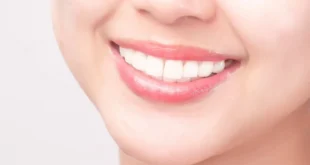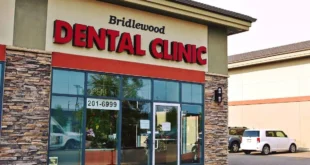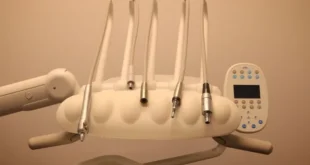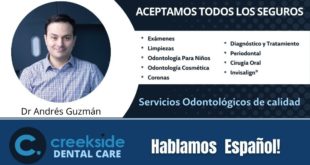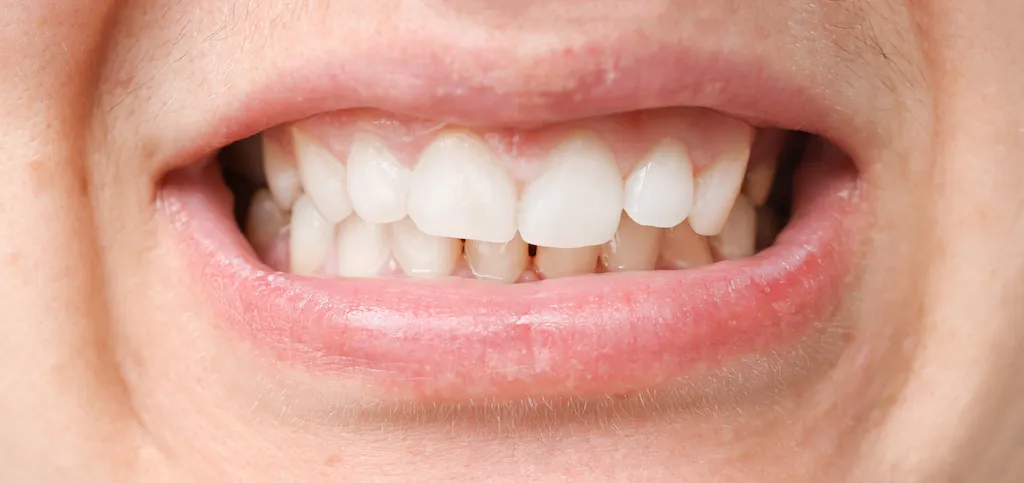
What Is a Crossbite?
Is a type of malocclusion, or misalignment of the teeth, where the upper teeth do not properly align with the lower teeth when the jaw is closed. This can occur in the front (anterior crossbite) or on the sides (posterior crossbite) of the mouth. It can affect one or multiple teeth and may lead to dental problems if left untreated.
Causes
Several factors can contribute to the development of a crossbite, including genetics, abnormal tooth eruption, prolonged thumb sucking or pacifier use during childhood, mouth breathing, and jaw misalignment. Additionally, early loss of primary teeth or improper dental habits during childhood can increase the risk of developing a crossbite.
What Are Crossbite Symptoms?
Common symptoms of a may include difficulty biting or chewing, jaw pain or discomfort, uneven wear on the teeth, teeth grinding (bruxism), and facial asymmetry. In children, a crossbite may also affect speech development and facial growth if not addressed early.
What Is the Treatment?
The treatment for a crossbite depends on its severity and the age of the patient. In children, early intervention is crucial to prevent further complications as the jaw and teeth continue to develop. Treatment options may include orthodontic appliances such as braces, expanders, or aligners to gradually realign the teeth and jaw. In some cases, oral surgery may be necessary to correct severe crossbites.
In conclusion, is a dental condition characterized by misalignment of the upper and lower teeth when the mouth is closed. It can lead to various dental problems and discomfort if not addressed promptly. If you suspect you or your child has a crossbite, it’s essential to consult with a qualified dentist or orthodontist for proper evaluation and treatment. Early intervention can help prevent further complications and ensure optimal oral health and function.
It is important to consult a dentist for an accurate diagnosis and to determine the appropriate treatment for each case.
We recommend Bridlewood Dental Clinic.
 Latinos en Alberta Directorio de negocios en Alberta
Latinos en Alberta Directorio de negocios en Alberta

